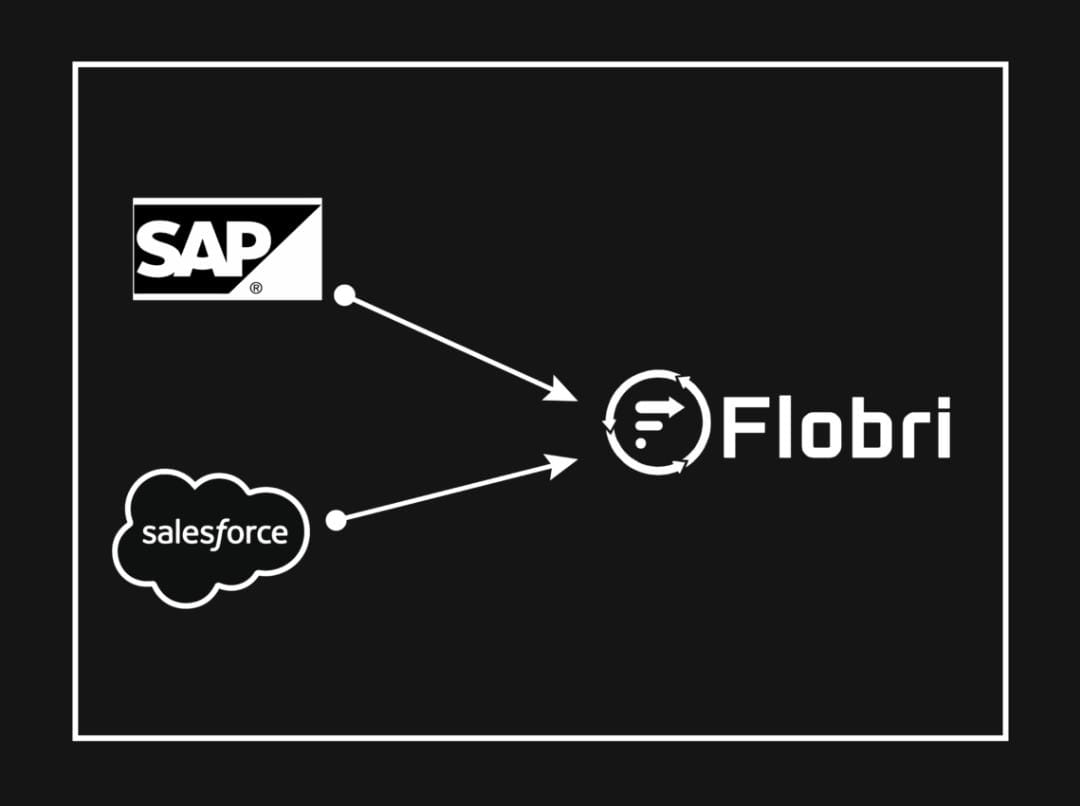
In today’s fast-paced business world, staying competitive isn’t just about offering great products or services. It’s also about operating smarter. As markets grow more complex and customers expect faster more personalized experiences, businesses need efficient tools to meet these demands. Workflow automation has emerged as a game-changer, helping companies streamline operations, cut costs, and allow employees to focus on meaningful work.
Here’s why, process automation will be essential rather than a luxury.
As businesses grow, managing day-to-day tasks can become overwhelming. Relying on manual processes often leads to delays, mistakes, and inefficiencies that can hold a business back. Workflow automation solves these challenges by taking over repetitive tasks, freeing up your team to focus on strategic priorities like innovation, customer engagement, and growth.
Automation speeds up tasks like data entry, billing, and reporting, ensuring they’re completed accurately and on time. This efficiency not only boosts productivity but also gives teams the insights they need to make quick, informed decisions.
Automating tasks reduces the need for additional staff or resources as your business scales. For example, automated inventory systems can manage stock levels and reordering without constant human oversight, saving both time and money.
Automation solutions give firms a clear picture of their performance by collecting and analyzing data in real time. Businesses can react quickly to market developments and make better judgments when they have access to current and reliable information.
Growth is great—until your processes can’t keep up. Automated workflows handle increased workloads without compromising quality, making it easier to expand your operations smoothly.
Automation tools like chatbots and email responders ensure that customers get fast, consistent communication. Happy customers stick around, and automation helps deliver the experience they expect.
Platforms like Trello, Asana, and Monday.com simplify project tracking and task assignments, ensuring teams stay on top of deadlines.
Tools like Salesforce and HubSpot automate customer-related tasks, improving lead tracking, follow-ups, and overall relationship management.
Platforms like Mailchimp and Marketo handle email campaigns, social media scheduling, and customer segmentation, ensuring timely and targeted outreach.
QuickBooks and Xero automate financial tasks like invoicing and expense tracking, reducing errors and keeping your books in order.
Flobri takes automation to the next level with its AI-powered platform designed to simplify process and SOP (Standard Operating Procedure) management.
With Flobri, you can:
1) Simplify Your Workflows: Say goodbye to tedious manual processes, so your team can focus on strategic goals.
2) Connect Your Tools: Flobri integrates seamlessly with other apps, keeping your team in sync without juggling multiple platforms.
3) Boost Team Productivity: By automating routine tasks, Flobri helps your team work smarter, not harder.
Workflow automation will be the key to success for companies in 2024. Automation helps businesses stay flexible, reduce expenses, and provide outstanding value to their clients in addition to making work easier.
Tools like Flobri empower businesses to streamline operations and focus on what truly matters. Whether it’s improving internal processes or enhancing customer experiences, automation can give your company the edge it needs to succeed.